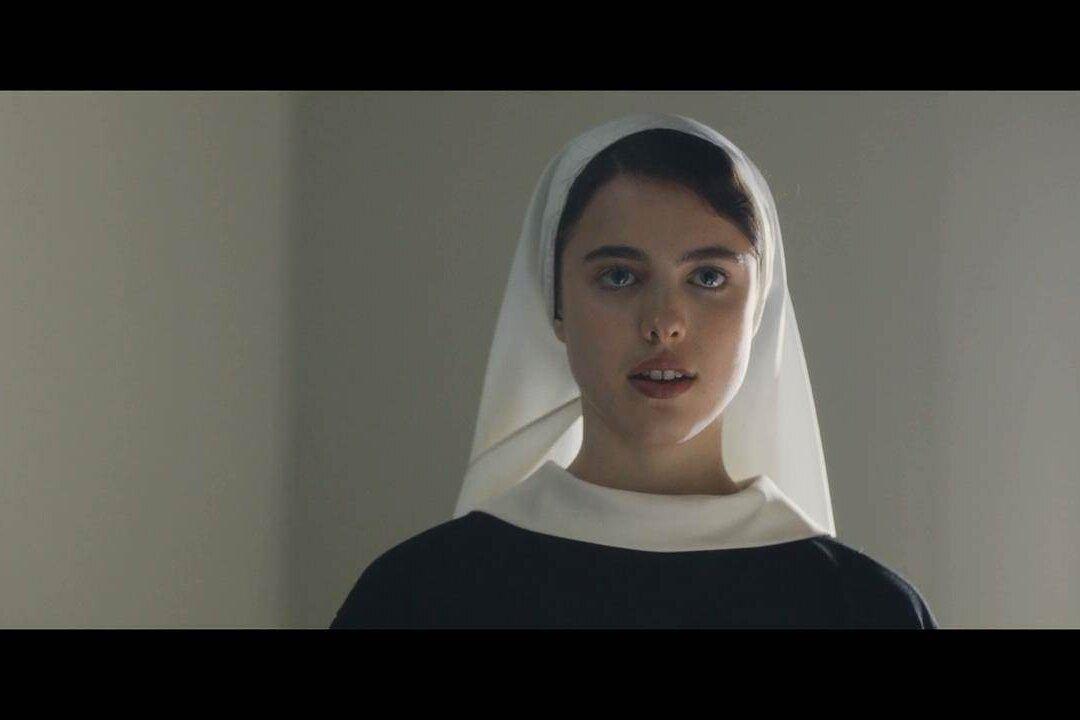R | 2h 3m | Drama, Coming of Age, Religion | 27 October 2017 (USA)
Those who think the Catholic Church still operates with a Dark Ages mentality are probably not Catholic or have never heard of the “Second Vatican Council,” often referred to as “Vatican II," which took place in Rome between 1961 and 1965.






